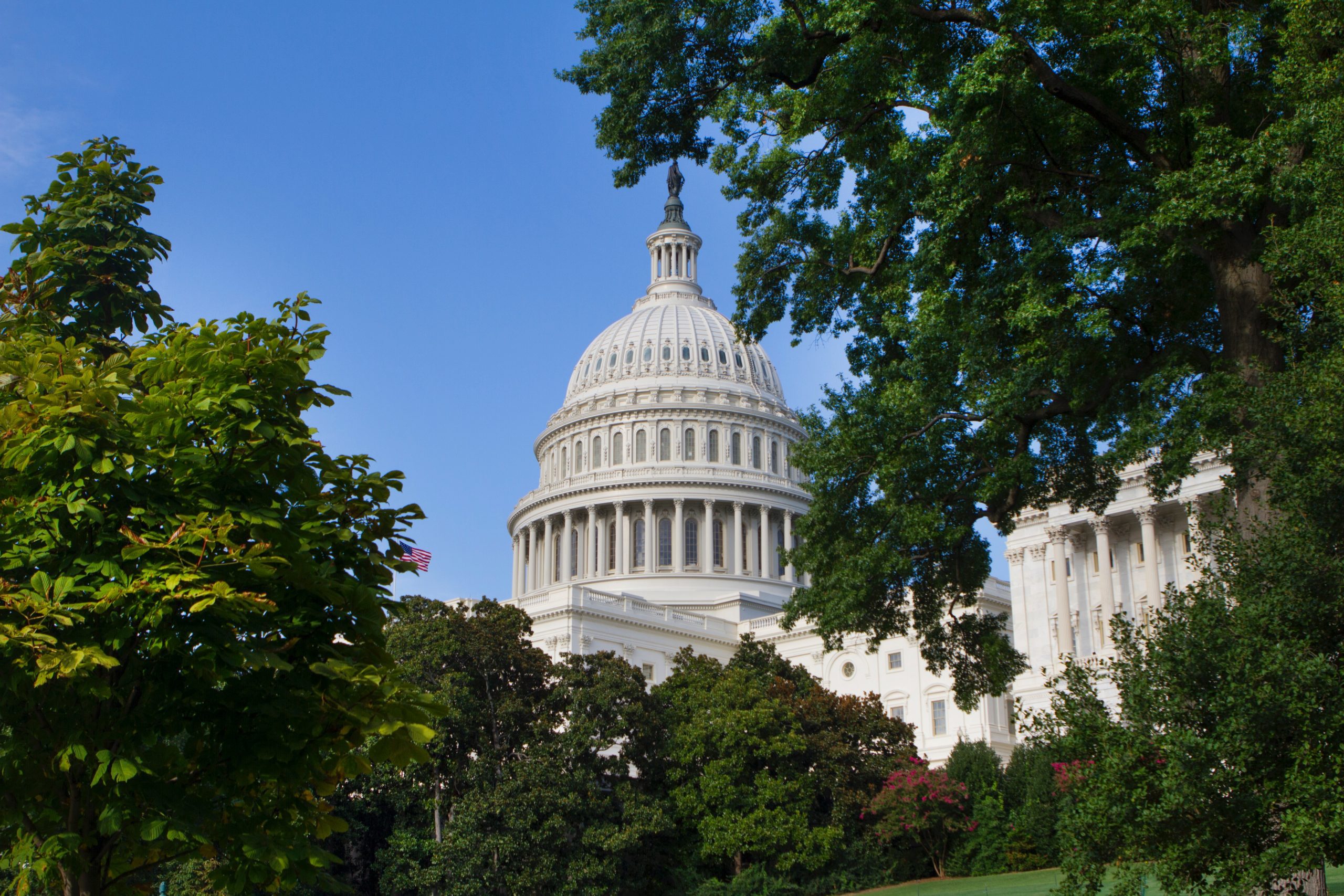
U.S. Cannabis Sales Could Total $71B in 2030 Without Federal Legalization

The recently released 2023 U.S. Cannabis Report by New Frontier Data has shed light on the remarkable growth potential of the cannabis industry in the United States. With state-level legalization gaining momentum and the absence of federal policy reform, the report predicts a substantial increase in annual cannabis sales over the next seven years.
The CEO of New Frontier Data, Gary Allen, highlights the positive impact of new markets coming online, which will provide a significant boost to the U.S. cannabis industry. As more established markets stabilize across the country, the industry is poised for continued growth. In 2022, legal cannabis sales in the U.S. reached an impressive $30 billion, and this figure is projected to exceed $35 billion in 2023 alone.
Looking ahead, the report paints an optimistic picture of the future. If the current pace of state-level legalization continues without federal policy reform, legal cannabis sales are expected to reach a staggering $71 billion by 2030. Even in the scenario where the pace of legalization stagnates, the industry is still projected to reach $58 billion by the same year. These figures highlight the substantial economic potential of the cannabis market and its capacity to become a significant contributor to the overall economy.
One of the key indicators of the expanding cannabis market is the estimated number of consumers. The report predicts that approximately 54 million U.S. adults will consume cannabis in 2023, taking into account both legal and unregulated markets. This number is anticipated to grow to 69 million by 2030, reflecting the increasing acceptance and normalization of cannabis consumption among the general population.
Furthermore, the report delves into the medical cannabis sector, revealing that the total number of registered medical cannabis patients exceeded 4.5 million in 2022. This number is expected to rise to 5.2 million by 2030, indicating a steady upward trend in the utilization of cannabis for medicinal purposes. As more individuals become aware of the potential therapeutic benefits of cannabis, the demand for medical cannabis is likely to continue its upward trajectory.
While the report paints a promising future for the cannabis industry, it also acknowledges some challenges that need to be addressed. One such challenge is the decline in the average consumer price per ounce of flower, which has decreased by 10% since 2010, from $325.46 to $294.15. While this may initially seem favorable for consumers, factors such as inflation, high taxes, and competition from illicit markets are exerting pressure on prices, particularly in mature legal markets. Additionally, the potential impact of a recession on cannabis consumer spending in the medium term is a concern that should be taken into account.
However, despite these challenges, the report maintains that they are unlikely to hamper the surging demand for legal cannabis and the broader transition of consumers into regulated markets. The overall trend toward legalization and acceptance of cannabis is expected to outweigh any temporary setbacks and market pressures.
For those interested in delving deeper into the details and insights of the report, New Frontier Data offers a complimentary copy of the 2023 U.S. Cannabis Report: Market Updates & Projections through their website. New Frontier Data, as a data, analytics, and technology firm specializing in the global cannabis industry, is committed to informing policy and commercial activity within the legal cannabis sector. The company maintains a neutral position on the merits of cannabis legalization and provides solutions that enable various stakeholders to assess, understand, engage, and transact within the cannabis industry and its consumer base.
Since its establishment in 2014, New Frontier Data has become a leading authority in the cannabis industry, offering valuable insights and data-driven analysis to investors, operators, advertisers, brands, researchers, and policymakers. With its headquarters in Washington, D.C., and a presence in Europe, Latin America, and Africa, the company is well-positioned to navigate the evolving landscape of the global cannabis market.
Reports like the 2023 U.S. Cannabis Report by New Frontier Data play a crucial role in guiding the decisions and strategies of stakeholders within the cannabis industry. As the industry continues to evolve, these insights provide valuable information to policymakers, investors, and businesses, helping them make informed choices that will shape the future of the cannabis market.
EXPLORE MORE NEWS
Newsletter























